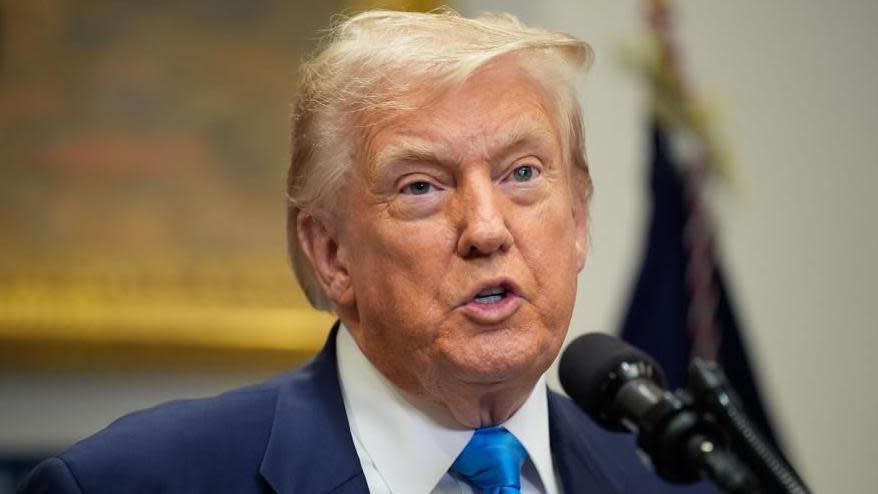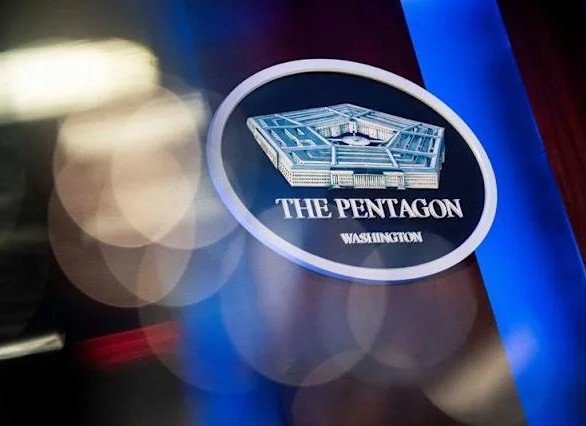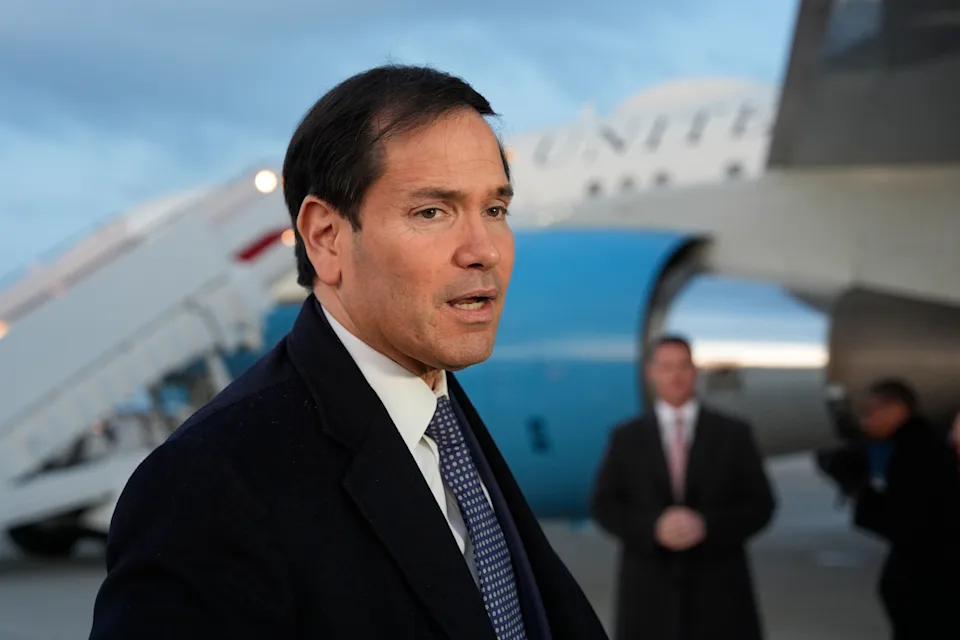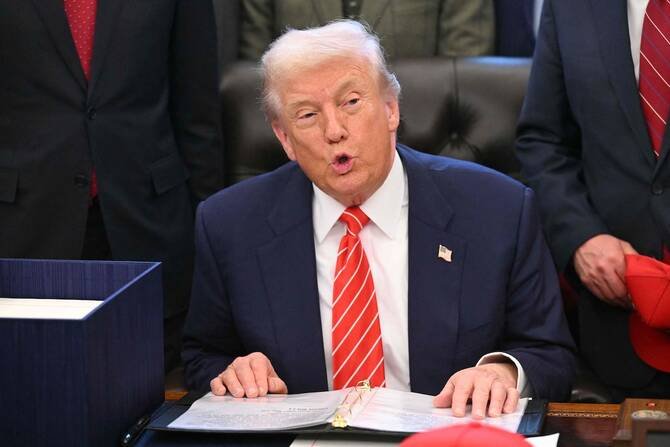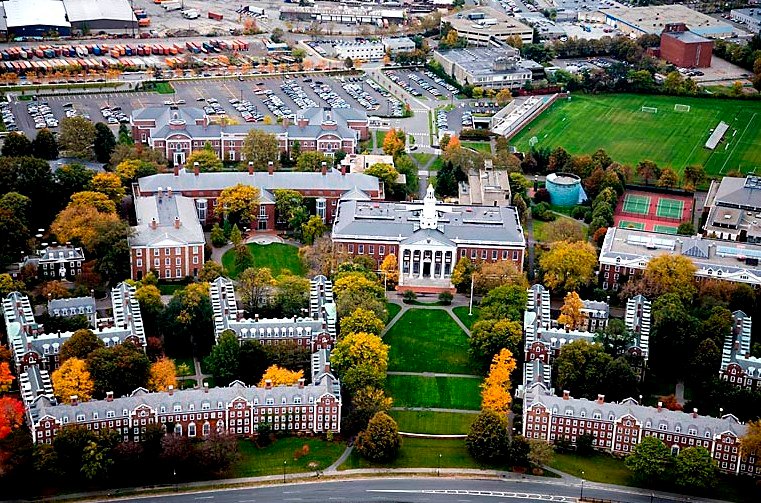Washington, D.C., July 31, 2025 – The Europe Today: Former U.S. President Donald Trump announced on Wednesday that the United States will impose a 15% tariff on imports from South Korea as part of a broader trade agreement designed to ease tensions with one of America’s top trading partners and key strategic allies in Asia.
The announcement, made shortly after Trump met with senior South Korean officials at the White House, comes ahead of a self-imposed August 1 deadline by which Trump had vowed to implement sweeping new tariffs on imports from multiple countries.
“I am pleased to announce that the United States of America has agreed to a Full and Complete Trade Deal with the Republic of Korea,” Trump posted on his Truth Social platform.
The agreement reduces the previously threatened 25% tariff rate on Korean goods — including semiconductors, automobiles, and steel — to 15%. South Korean President Lee Jae Myung, who assumed office in June following a snap election, welcomed the agreement, describing it as a critical step in removing uncertainty for Korean exporters and ensuring parity with competitors.
“We have crossed a big hurdle,” President Lee wrote on Facebook. He is expected to visit Washington for his first official meeting with Trump within the next two weeks.
As part of the agreement, South Korea committed to a $350 billion investment package in the United States. According to Kim Yong-beom, policy chief in the South Korean presidential office, the package includes $150 billion dedicated to shipbuilding partnerships and $200 billion allocated for strategic sectors such as semiconductors, nuclear power, battery manufacturing, and biologics. Kim noted that a portion of the fund would incorporate pre-existing investment plans, with safeguards in place to ensure appropriate utilization.
In addition, South Korea pledged to purchase $100 billion worth of U.S. liquefied natural gas (LNG) and other energy products over the next 3.5 years — a move confirmed by U.S. Commerce Secretary Howard Lutnick via social media.
The new deal will also allow greater market access for U.S. products. Trump stated that South Korea had agreed to eliminate import duties on American automobiles, trucks, and agricultural goods. However, South Korean officials clarified that key domestic markets for rice and beef would remain closed.
While the agreement sets the auto tariff at 15%, it assures that Korean semiconductor and pharmaceutical exports will not face discriminatory treatment compared to competitors from other nations. Notably, the agreement does not apply to steel, aluminum, and copper exports, which will continue to be subject to existing U.S. tariffs.
The announcement follows a series of high-stakes negotiations led by South Korean Finance Minister Koo Yun-cheol, Industry Minister Kim Jung-kwan, and Trade Minister Yeo Han-koo, who had been in Washington this week for talks with senior U.S. officials, including a meeting with Trump.
The U.S.-South Korea deal comes just weeks after Japan secured similar tariff concessions from the Trump administration, prompting intensified efforts by Seoul to avoid heavier trade penalties.
As the deal was being finalized, major South Korean firms announced significant commercial agreements with U.S. companies. Samsung Electronics signed a $16.5 billion semiconductor supply deal with Tesla, while LG Energy Solution agreed to supply the American automaker with $4.3 billion worth of energy storage system batteries.
While the full text of the trade agreement has yet to be released, analysts note that its scope, scale, and legal enforceability will be closely scrutinized in the coming weeks. Additional investment announcements from South Korea are expected in the near future.
